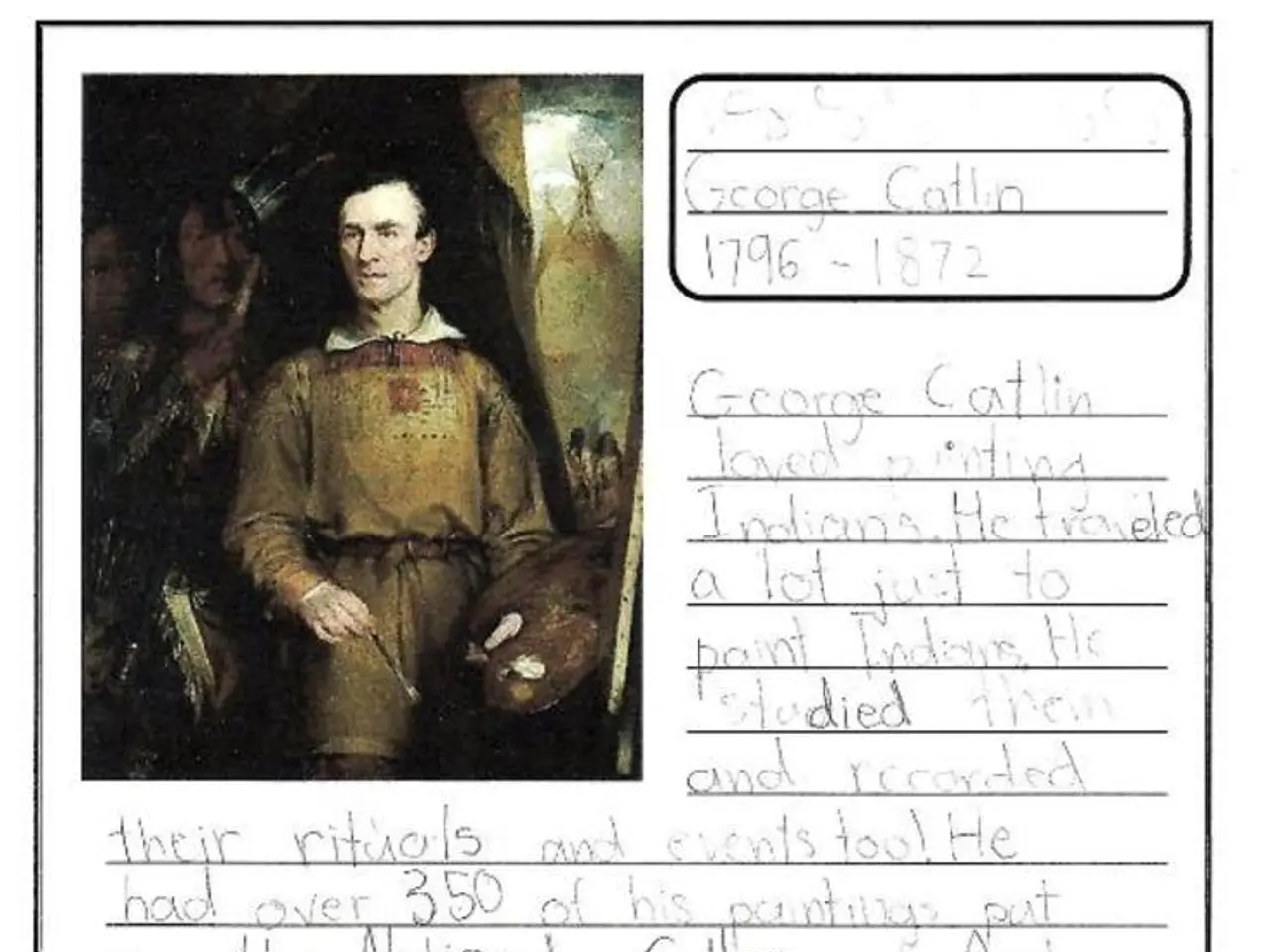The Significance of the Elderly in Maintaining Cultural Traditions
In a rapidly evolving world, the wisdom of elders plays a crucial role in preserving cultural heritage. Elders hold the keys to our cultural legacies, reminding us that our roots are essential to understanding who we are and guiding us in how we move forward.
Elders, particularly women, play significant roles in rites of passage, such as birth, marriage, and womanhood. They are the guardians of cultural knowledge related to family life, health, domestic arts, and storytelling.
The fast pace of modern life and social changes like urbanization and modernization can lead to a disconnect from cultural traditions and reduced interaction with elders. This disconnect can be detrimental to the preservation of cultural knowledge.
To bridge this gap, it is essential to support elders in their roles as cultural custodians. This can be achieved through a combination of formal recognition, intergenerational programs, and institutional support.
Integrating elders’ knowledge into educational curricula is a key approach. Programmes such as Yoruba initiatives that integrate cultural knowledge within formal schooling ensure that youth learn directly about their heritage, instilling pride and continuity of traditions.
Establishing cultural centers and archives to safeguard traditional artifacts and oral histories is another effective strategy. These institutions make these valuable resources more accessible while respecting cultural protocols.
Community events, like the MBOSA days among Indigenous peoples in the Democratic Republic of Congo, provide platforms where elders transmit ecological, food, and health knowledge directly to youth and broader audiences, fostering intergenerational learning and cultural revitalization.
Oral traditions, often stewarded by elders, serve not only as knowledge repositories but also as ethical and social frameworks that strengthen community bonds and linguistic diversity. Highlighting and promoting these roles acknowledges elders’ unique contributions beyond mere information transmission.
Documentation efforts at family and community levels, such as archiving stories, rituals, and practices, can complement oral transmission and provide durable cultural resources for future generations.
Supporting elders in these roles requires valuing their knowledge socially and institutionally, offering resources for documentation and education, and ensuring elders have platforms to share their wisdom. This approach respects elders as living custodians of culture and empowers communities to maintain cultural identity amid globalization and social change.
Encouraging younger people to engage with elders through community programs and cultural initiatives can foster mutual understanding and respect. Elders help preserve personal histories, which collectively contribute to the broader cultural tapestry.
By embracing the wisdom of elders, we can ensure the preservation of our cultural heritage in a rapidly changing world.
- The knowledge held by elders, significant especially in preserving family history and cultural heritage, extends to various aspects of our lifestyle such as domestic arts and health.
- Incorporating educational programs focused on sustainable living, education and self-development, and personal growth can provide opportunities for young generations to learn directly from elders.
- By establishing home-and-garden projects that center around traditional practices, we can cultivate a sense of continuity with our roots and promote intergenerational learning.
- Encouraging dialogue between young and old through community initiatives and cultural events can help bridge the gap between modern life and our cultural heritage, ensuring its preservation for future generations.




